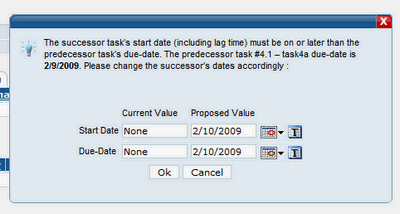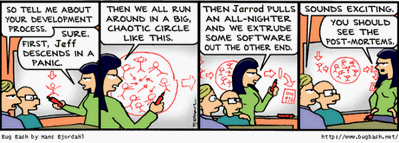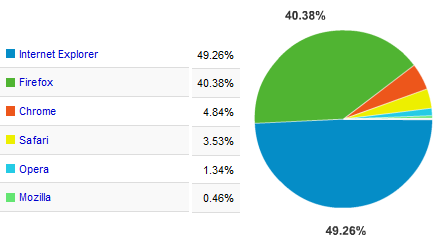Motivational Friday: punish inaction?
Bob Sutton, the famous guy behind the “No *** Rule“, wrote a very interesting post titled: Reward Success and Failure, Punish Inaction.
Why would we reward failure?
Bob then goes to make a very good point:
“It is worth remembering research on difference between the most
creative and successful people versus their more ordinary peers.
Einstein and da Vinci had more bad ideas than their peers. Babe Ruth
struck out more. That is because they acted, failed, learned, and kept
moving forward.”
What Bob argues is that not doing anything is worse than doing something wrong. I agree with him. Inaction breeds a passive attitude towards problems and life in general.
Inaction gets you nowhere
Go ahead. Read Bob’s post. And think about what you could do to fix things in your project. No need to know for sure if it will work. Just try something.



